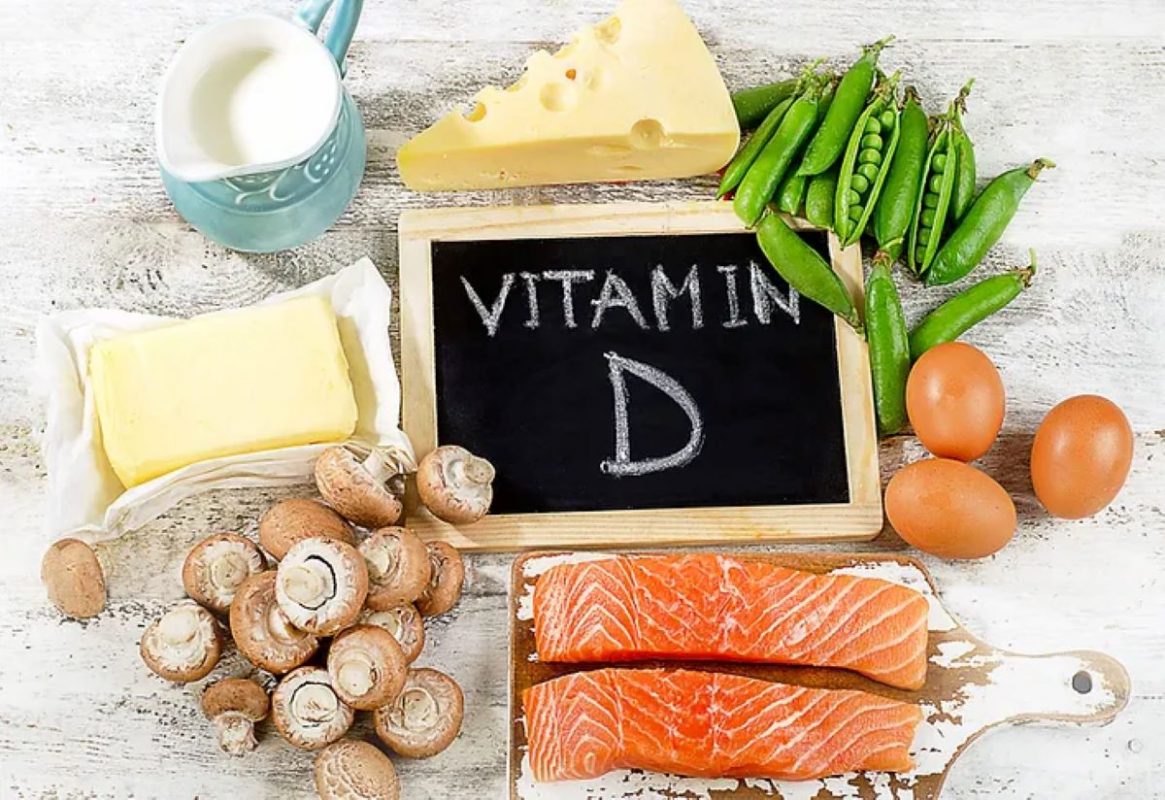As humans age, it is important to understand the role of vitamins when it comes to healthy aging. Vitamin D is especially important for seniors, as its benefits can significantly improve their quality of life.
In this blog post, we will explore the role of vitamin D in human health, examine the benefits of vitamin D for senior citizens, explain how seniors can obtain adequate amounts of vitamin D, and conclude with why it is essential for healthy aging.
Introduction
As we age, our bodies need extra care to maintain a healthy lifestyle. Vitamin D is especially important for seniors due to its ability to keep bones and muscles strong, support mental health, and regulate the immune system.
In this blog post, we will explore the many benefits of Vitamin D for seniors and why it is essential for successful aging. We'll discuss how Vitamin D helps stave off disease and illnesses, as well as how much Vitamin D seniors should be getting each day in order to maintain their health.
Role Of Vitamin D In Human Health
Vitamin D plays an important role in human health, especially for seniors. It helps the body absorb calcium from food, which is essential to healthy bones and teeth. In addition, Vitamin D helps strengthen the immune system, reduces inflammation, lowers blood pressure, and aids with digestion.
If you are a senior person, it is especially important to make sure your diet includes foods high in Vitamin D or take supplements if needed. Regular exposure to sunlight can also help with Vitamin D production in the body. With its numerous benefits, it’s no wonder that Vitamin D is essential for healthy aging!
Benefits Of Vitamin D For Senior Citizens
As we age, our bodies require specialized nutrients to help us stay healthy and vibrant. Vitamin D is one of the most important vitamins for seniors to get enough of, as it has many benefits that can help promote healthy aging. Vitamin D helps with immune system function, bone health, memory and neurocognitive functioning, and even mental health.
For senior people in particular, a daily dose of vitamin D can reduce the risk of developing age-related conditions such as osteoporosis and heart disease. In addition, research suggests that adequate levels of this essential vitamin may protect against some forms of cancer. All in all, vitamin D is an extremely important nutrient for older adults – make sure you’re getting enough!
How To Obtain Vitamin D For Seniors
For seniors, one of the easiest and most efficient ways to obtain vitamin D is through limited exposure to sunlight. However, this should be done carefully, as prolonged and direct exposure can cause sunburn or skin cancer. It is recommended that seniors get 10-15 minutes of early morning sunlight each day with adequate protection from sunscreen and protective clothing.
Besides the sunshine, one can also obtain vitamin D naturally through foods such as fatty fish, mushrooms, eggs, beef liver, and fortified dairy products like yogurt. Additionally, there are vitamin D supplements available in a variety of forms that can help meet the daily requirements for this essential nutrient. It is important to note that taking too much vitamin D can be toxic so it is important to consult a healthcare professional before starting any supplements regimen.
Conclusion
In conclusion, Vitamin D is an essential nutrient for healthy aging in seniors. Vitamin D helps to strengthen bones and muscles, increase energy levels, reduce inflammation, improve cognitive health, and more.
A balanced diet rich in Vitamin D promotes healthy aging and reduces the risk of common diseases such as cancer, diabetes, and heart disease. Seniors should talk to their healthcare provider about the best ways to maintain adequate levels of Vitamin D in their diet. With proper nutrition and supplementation, seniors can enjoy healthier aging and increased quality of life.


